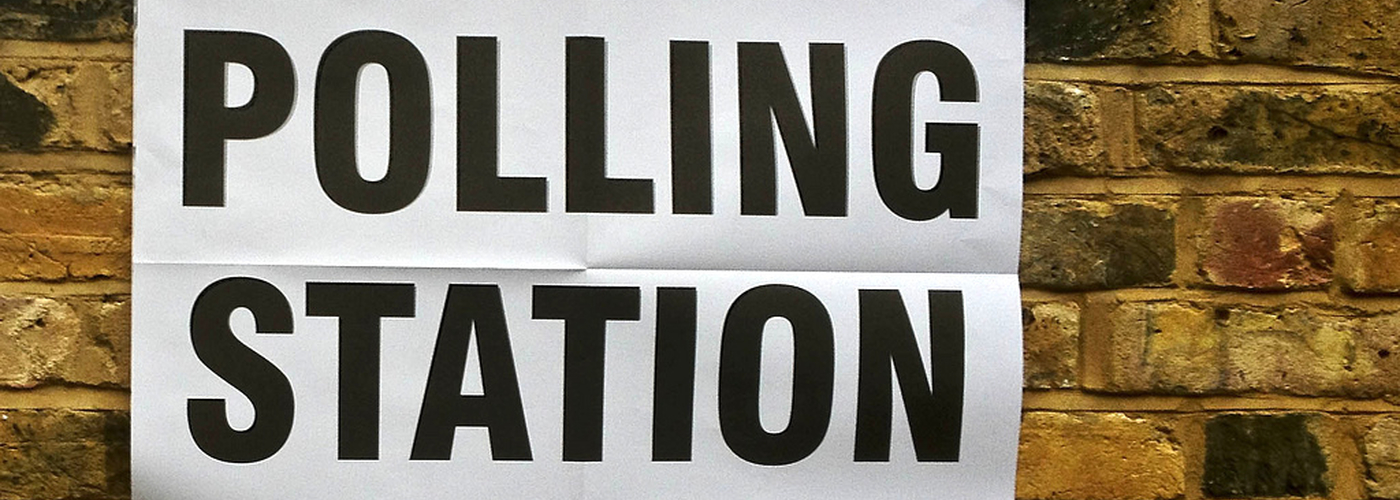Burnham voices concerns about voter safety as Greater Manchester prepares to elect new representatives
The Electoral Commission confirmed last week that Greater Manchester’s mayoral and local elections will go ahead.
The mayoral election is supposed to take place every four years (for its inaugural term it was only three years), and the local council elections usually take place three out of every four years. Both elections were postponed from last year due to difficulties posed by the pandemic.
Since then the viability of holding an election in 2021 has been in doubt.
Is it safe to ask everybody to go out of their homes and go to the polls?
Back at the beginning of January the BBC reported that “Greater Manchester's mayoral and council elections are likely to be postponed due to the ongoing Covid-19 pandemic."
“The region's 10 council leaders were told at a meeting on Tuesday that the Government expects to delay the 6 May elections until the summer,” the report continued.
Andy Burnham on the mayoral election
Indeed as little as two weeks ago in his weekly press briefing, when asked if the elections were going ahead Andy Burnham commented: “I don’t know! All I can say is we were canvased for our opinion a few weeks ago by civil servants in the Ministry of Housing, Communities and Local Government. The consensus here was that it would be safer to go to the later part of the summer or even September.
“The people who would be asked to run the elections are absolutely saying they think it would be safer to go a little later, but it’s gone extremely quiet on the Government front, and in political circles, there is a growing expectation that the May elections will go ahead. It’s a confusing position if I’m honest with you and I do think it needs clearing up.
“The key has got to be not a political consideration but the safety consideration. Is it safe to have an election campaign? Is it safe to ask everybody to go out of their homes and go to the polls? Do local government have the resources to make the polling stations COVID-secure? I think the silence, the secrecy around it suggests that the political considerations are overriding the safety considerations and that cannot possibly be right.”
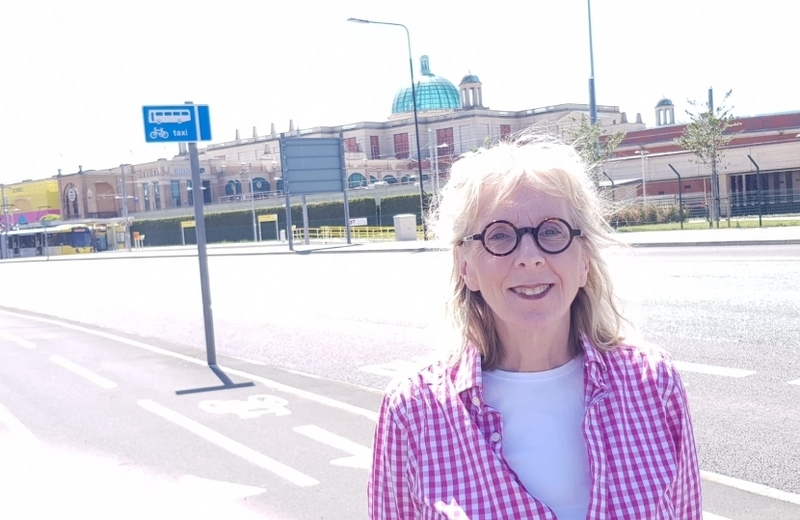
As if in response to Mr Burnham’s comments, residents in Trafford received a letter regarding the elections on February 12 asking them to confirm their registration if necessary. Meanwhile, a tweet from Burnage Labour on the 10 February said, “Local elections on May 6th are going ahead. It promises to be an election like no other so make sure you don't lose your voice - vote safely at home by signing up for a postal vote”, suggesting that authorisation from on high had been received very recently.
Candidates need to set out their policies
Even now the GM Elects social media has not been updated. In fact, it still says that the election is happening in May 2020. With 80 days until polling day, it seems like the candidates have not been given much time for campaigning. This is especially true of the Mayoral election, where candidates need to set out their policies on powers directly under the mayor’s control - transport, policing and the fire service – as well as how they will influence other areas including the economy, skills and education and health and social care.
Andy Burnham, as the incumbent mayor, is simultaneously at an advantage in that he already has achievements he can point to as evidence of his policies, but also a disadvantage in that the issues surrounding homelessness and policing are bound to cast a shadow over his campaign.
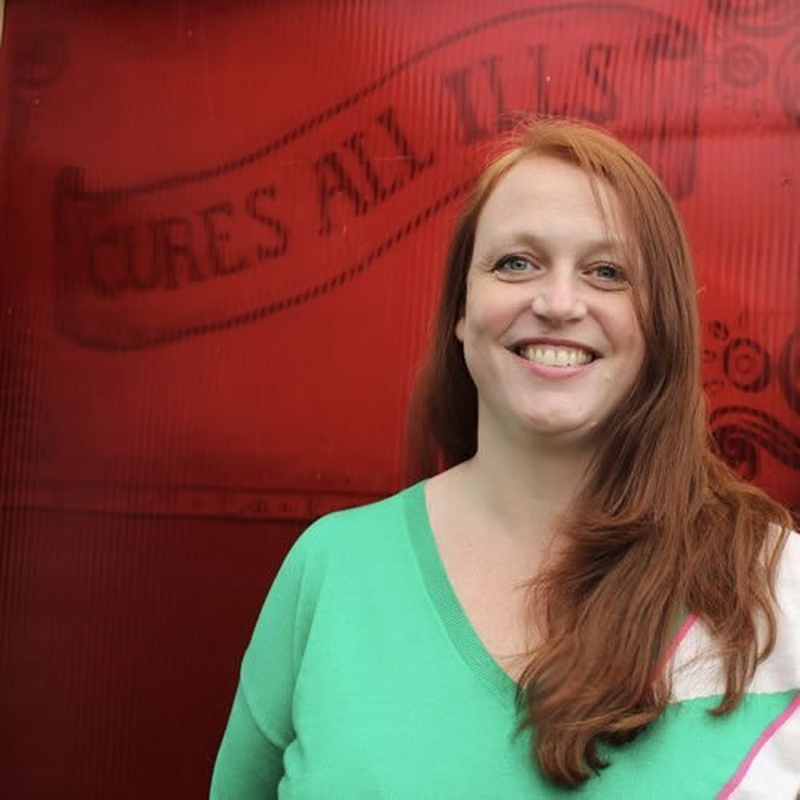
Safety measures at polling stations
Commenting on the decision to go ahead with election as planned, a spokesperson for the Electoral Commission said, “It is an important democratic principle that elections should proceed as scheduled whenever possible. The electoral community has been preparing for Covid-safe elections since last March, when the 2020 elections were postponed. Together, we have taken steps to help everyone involved take part safely and confidently.
“Safety measures, such as face coverings, hand sanitiser and social distancing, will be in place to make polling stations safe places to vote and to work, and we are sharing information with voters so they understand the voting options available to them.
“We are supporting administrators in their complex and important work to prepare for and deliver the polls, and we will continue to update our guidance for parties, campaigners and electoral administrators as needed in order to reflect the latest public health advice and any legislative changes.”
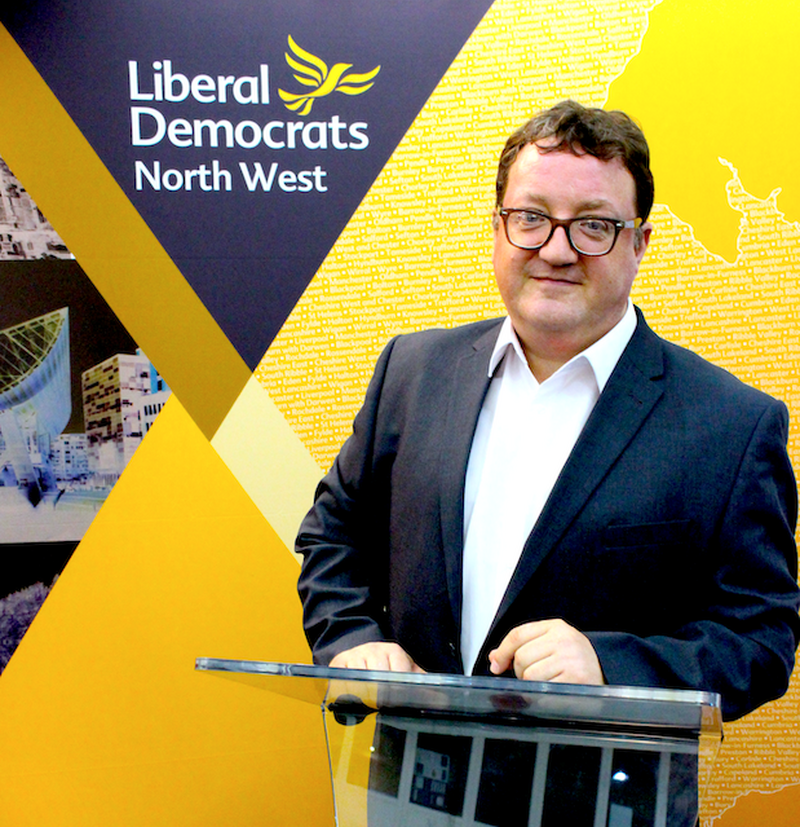
So what kind of campaigning can you expect? Well a whole lot less door-to-door campaigning and leafleting for a start. The Government has said that neither should be carried out this year due to COVID-19 restrictions, with minister Chloe Smith saying, "In order to reduce transmission of COVID-19 infections, door to door campaigning at this point in time is therefore not considered essential or necessary activity."
Campaigning and candidates
Labour has suspended all leafleting but Lib Dem leader Ed Davey defended his party’s decision to continue with the practice. Social media seems the obvious alternative to these time-honoured techniques, but with the lack of notice candidates have been slow to get started. The notable exception is Tory candidate Laura Evans, who has been very active on Facebook and Twitter for a while now, especially in her critiques of Mr Burnham.
The candidates for mayor are Laura Evans (Con), Melanie Horrocks (Green), Simon Lepori (Lib) and Andy Burnham (Lab).
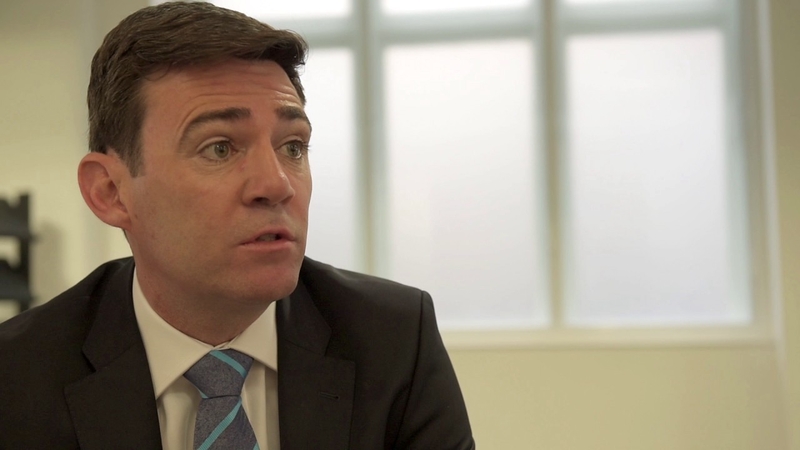
But even if campaigns manage to properly get going, will voters come out to play? Even in the best of years, it is notoriously hard to interest people in local politics. In 2017 the turnout for the mayoral election was 28.93% of total voters while in the 2019 Manchester council elections the turnout ranged between 19% and 43% depending on the ward. While it might seem obvious that the pandemic would keep voters away, organisers are hoping more people will turn towards postal voting to make up for it.
Local elections and mayoral elections are not exactly the sexy end of politics (if such a thing exists) but voting is the chance to have our say on the issues that affect us in our local area. It remains to be seen if the pandemic will dampen the already pretty soggy enthusiasm for voting, or if outrage at the handling of the COVID crisis will light a fire under voters.
How the mayoral election works
The main duty of the mayor is to chair the Greater Manchester Combined Authority (GMCA) and set its policies. The GMCA is made up of the mayor and the 10 council leaders and is involved in deciding budgets and strategies in policing, justice, housing, employment, and health and social care. The decisions made concerning Greater Manchester issues have an impact on anyone who lives in Manchester, Stockport, Oldham, Rochdale, Trafford, Tameside, Wigan, Bury, Bolton or Salford.
The mayor is elected by the supplementary vote system where voters have a first and second preference. If a candidate wins over 50% of the vote, they are elected. If no candidates win over 50%, all candidates are eliminated except the top two, who will then be allocated the second preference votes in order to decide the winner.
The first election for the role was held in 2017 when Labour candidate Andy Burnham won with 63% of the vote in the first round.
To vote in Manchester mayoral elections, you must:
- be registered to vote
- be 18 or over on the day of the election
- be registered at an address in the area you want to vote in
- not be legally excluded from voting
More information on voting is available from Manchester City Council. The deadline to register to vote is midnight 19 April.





